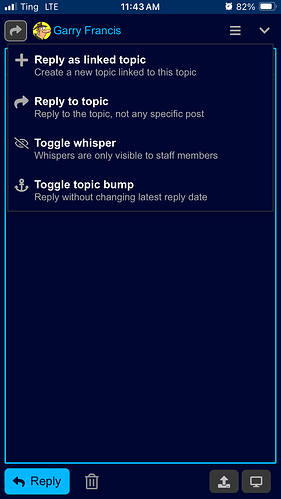Booping in as a returning entrant, where TALJ was the jam where I created a first (proper) parser game while having limited parser playing experience. It was a great experience and I am extremely thankful for it, because it helped me essentially break through my issue with parsers both as a player and creator.
I’ve definitely been enjoying playing parsers more because of the jam. And both because there were super beginner friendly games, and games that tried to be beginner friendly but missed the mark (my first entry was in that second category). The ranking of the jam shows what worked and what didn’t, what was easy and hinted and what way too hard, what were good examples and what should be more considered as a cautionary tales.
I mean, my own entry that first year ended up being considered more Cruel than Polite/Merciful because of the last puzzle (choice)… But I’m glad it still stayed in the competition and wasn’t removed because I failed to realise that it was a bad/hard section. It ranked low for a reason, and I learnt a bunch from it as a result (and I hope I made a better game this year as a result).
I think we should maybe have more a conversation about what is beginner-friendly and how we can communicate this better to entrant and players. Like truly, what component HAS TO be included to be considered beginner-friendly, how should a lambda puzzle look like in terms of clearness and hints and what not…
I know there is a comprehensive explanation of each rule of the jam on the itch.io page, but the language can still be up for interpretation. Like:
Consider providing a context-sensitive HINT command
Consider using a HELP command for the in-game instructions.
The wording doesn’t mean you have to include it in your game, even though it will be useful to players. Only that you should consider including it.
Or how a HELP/HINT command should look like.
Or for the tutorial section:
Your tutorial should explain the screen layout and command prompt, how to refresh the location description when it scrolls off the screen, how to move about, how to examine things, how to pick things up, how to drop things and how to take an inventory to see what you’re carrying.
I would go even further and include a tutorial on verbs used for puzzles or at the minimum a warning that other verbs may be used/are hinted in some section of the game. Because guess-the-verb isn’t fun as a beginner player, especially when the verb is not a “usual” verb (my mistake last year).
There is also no mention of walkthrough, which can be the only way for players to go through a puzzle in some cases, or other external elements (map, verb list). Nor are there examples of good beginner-friendly games (playable or source-code - I know you can look at past winners).
Or resources that explain how to make a beginner friendly game (further than the tutorial and think about HELP/HINT), like what are considered simple puzzles and what should be avoided, or how to hint at how to solve a puzzle without giving away the answer to easily, or which verb to include/avoid…
This would have helped me quite a bit on my first try 
I don’t know… throw in there a checklist for authors or something 
Making beginner-friendly games is a skill that might be easy for some, but if we have resources for the ones who want to try their hands at it, it will make the competition even the more stronger!
